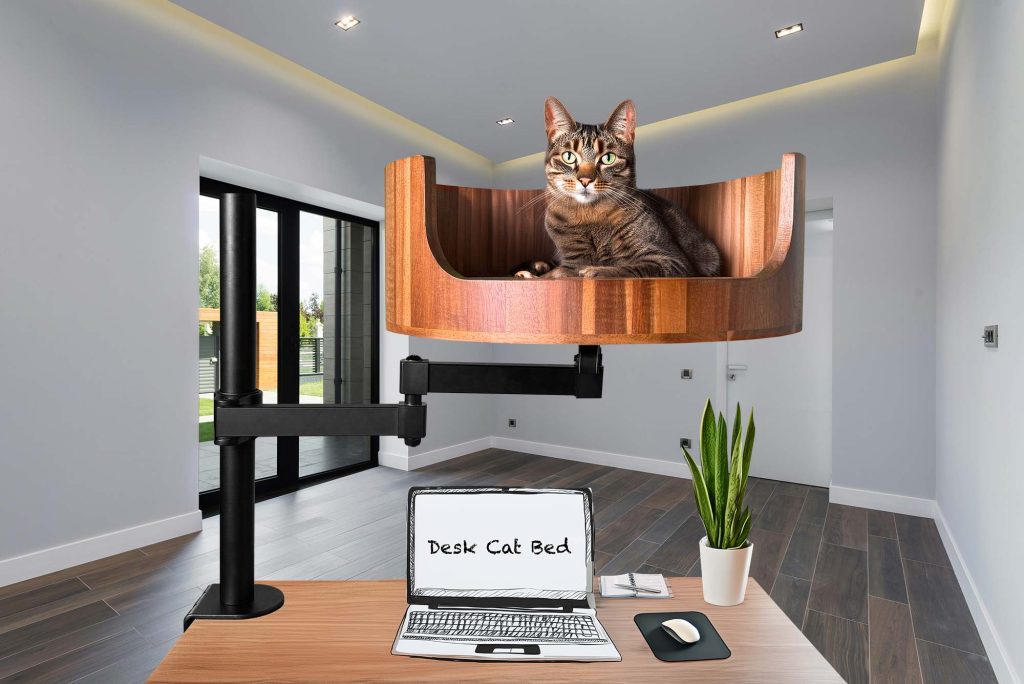Have you ever caught your cat munching on plastic bags or other objects that aren’t exactly edible? If so, you’re not alone. Many cat owners have experienced the confusion and concern that comes with discovering their feline friend’s strange eating habits. In this article, we will delve into the reasons behind why cats may be drawn to eating plastic, as well as how to address this puzzling behavior.
From stress and boredom to potential health issues, there are a variety of factors that could contribute to a cat’s inclination to consume plastic. By understanding the root causes of this behavior, you can better support your pet’s well-being and potentially prevent any harmful consequences. Join us as we explore the fascinating world of cat behavior and gain insights into why your furry companion may be exhibiting this curious habit.
1. Some cats exhibit a behavior known as pica, where they compulsively eat non-food items like plastic.
2. Pica in cats can be caused by various factors such as stress, boredom, or nutritional deficiencies.
3. It is important to identify the root cause of your cat’s plastic-eating behavior to address it effectively.
4. Providing appropriate mental and physical stimulation, along with a balanced diet, can help prevent cats from eating plastic.
5. Consulting with a veterinarian is recommended if your cat continues to eat plastic despite efforts to curb the behavior.
What causes cats to eat plastic?
Cats may eat plastic for a variety of reasons, including pica, a condition in which animals crave non-food items. Some cats may also be attracted to the texture or smell of plastic, while others may be seeking attention or feeling stressed. In some cases, cats may be experiencing a nutritional deficiency that leads them to seek out unusual items to chew on. It’s important to observe your cat’s behavior and consult with a veterinarian to determine the underlying cause of their plastic-eating habits.
Risks of plastic ingestion for cats
Ingesting plastic can be extremely dangerous for cats, as it can lead to gastrointestinal blockages or obstructions. Sharp edges or pieces of plastic can cause tears or perforations in the digestive tract, resulting in severe complications or even death. Some plastics may also contain chemicals or toxins that are harmful to cats if ingested. It’s crucial to monitor your cat’s behavior closely and prevent them from accessing plastic items to protect their health and well-being.
Ways to prevent cats from eating plastic
To prevent your cat from eating plastic, it’s essential to eliminate their access to any potential sources of plastic in your home. Be sure to securely store away plastic bags, packaging materials, and other items that may be tempting for your cat to chew on. Provide your cat with appropriate toys, scratching posts, and mental stimulation to redirect their chewing behavior. You may also consider consulting with a veterinarian or animal behaviorist for guidance on addressing pica or other underlying issues that may be contributing to your cat’s plastic-eating habits. By taking proactive steps to prevent plastic ingestion, you can help keep your cat safe and healthy.
Desk Cat Nest FAQ
Why is my cat eating plastic?
There are many possible reasons why your cat may be eating plastic, including seeking attention, stress or anxiety, nutritional deficiencies, or simply out of curiosity. It’s important to consult with a veterinarian to rule out any underlying health issues.
Will the Desk Cat Nest help prevent my cat from eating plastic?
The Desk Cat Nest provides a cozy and comfortable space for your cat to relax and play, which can help reduce stress and anxiety that may be causing your cat to eat plastic. However, it’s not guaranteed to completely stop this behavior, so it’s important to address the root cause as well.
How can I train my cat to stop eating plastic?
Training your cat to stop eating plastic may take time and patience. Start by removing any access to plastic items, providing appropriate chew toys, and ensuring your cat has a balanced and nutritious diet. Positive reinforcement, such as treats and praise, can also be helpful in redirecting this behavior.
Is the Desk Cat Nest safe for my cat to use?
Yes, the Desk Cat Nest is designed with your cat’s safety and comfort in mind. It is made of durable and non-toxic materials, providing a secure and cozy space for your feline friend to rest and play.
In conclusion, if you’re concerned about your cat’s plastic-eating behavior, investing in a Desk Cat Bed can provide a safe and comfortable alternative. Not only will it give your cat a designated cozy space to lounge and relax, but it can help curb their desire to chew on harmful plastic materials. The Desk Cat Bed is a valuable choice that prioritizes your cat’s health and well-being, offering a solution to a common issue faced by many cat owners. Say goodbye to plastic ingestion worries and hello to a happy, content feline companion with the Desk Cat Bed.


